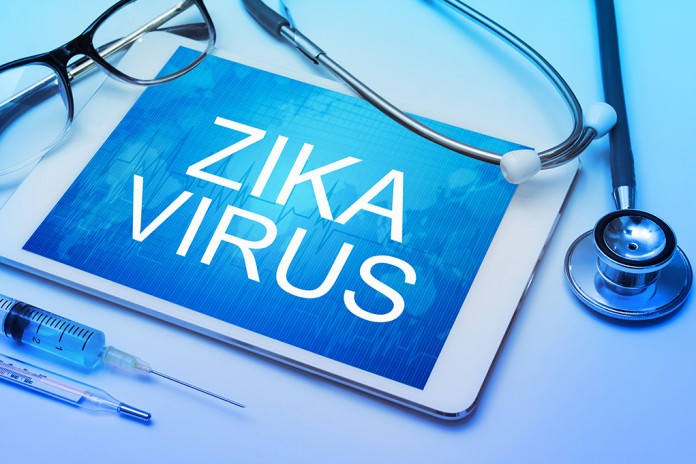The Numbers:
Zika Case Count: As of November 23, there were more than 37,100 confirmed cases of Zika virus in U.S. States and Territories.
- 4,444 confirmed cases of Zika in U.S. States and District of Columbia.
- 32,724 confirmed cases of Zika in U.S. Territories.
Pregnant women with evidence of Zika virus: As of November 17, there were more than 3,600 pregnant women with evidence of Zika virus.
- 1,114 pregnant women in U.S. States and District of Columbia.
- 2,561 pregnant women in U.S. Territories.
For a state-by-state table of Zika cases in the U.S. visit: http://www.cdc.gov/zika/geo/united-states.html
Theme for the Week of November 28: Communities Can Prevent Zika
- The Zika theme for the week of November 28 is Communities Can Prevent Zika. Zika prevention takes a community. Do your part.
Zika in the News
- CDC adds Montserrat to interim travel guidance related to Zika virus: On Monday, CDC posted a Zika virus travel notice for Montserrat. CDC has issued travel notices (level 2, “practice enhanced precautions”) for people traveling to destinations with Zika. To view the release in its entirety, please click here. If you have questions about this announcement, please email: [email protected]
- CDC updates guidance for Miami Beach (FL) area with active Zika transmission: On Tuesday, CDC updated guidance for people who travel to or live in the previously identified 4.5-square-mile area in Miami Beach, FL. The North Miami Beach-designated area is no longer considered to be an area of active Zika virus transmission (red area). It is now designated as a Zika cautionary area (yellow area). To view the release in its entirety, please click here. If you have questions about this announcement, please email: [email protected]
- CDC, US and Brazilian researchers find evidence of onset of Zika-associated microcephaly and other neurologic complications after birth: Also on Tuesday, CDC researchers in collaboration with researchers from the United States and Brazil announced that they had investigated the first series of infants with laboratory evidence of congenital Zika virus infection documented to have onset of microcephaly after birth.The report describes 13 infants in Brazil with congenital Zika virus infection who did not have microcephaly at birth, but later experienced slowed head growth. To view the release in its entirety, please click here. If you have questions about this announcement, please email: [email protected]





